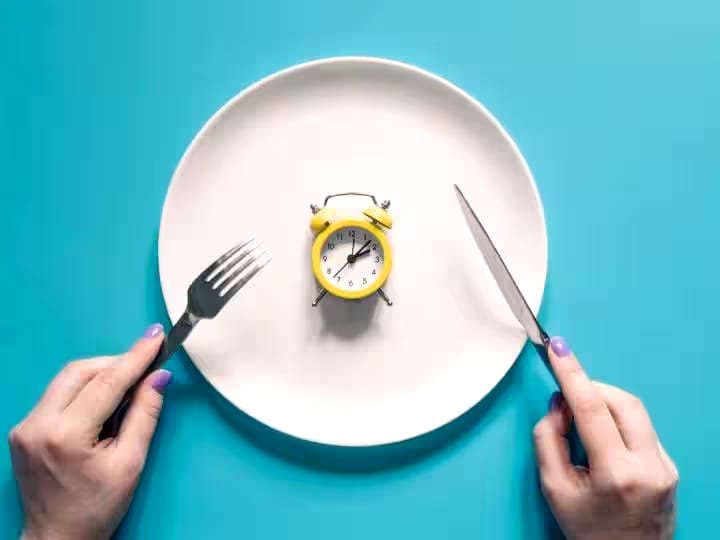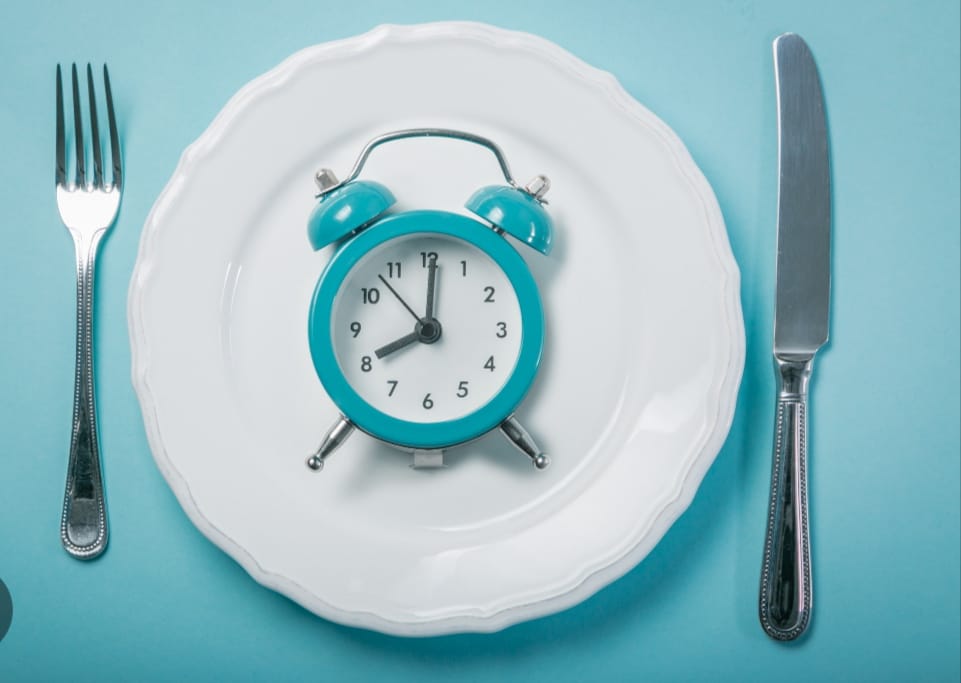
What will happen if you do not eat anything for 72 hours... This research has revealed?
A fast of 72 hours is observed during Chhath. In this, Varti keeps a waterless fast for three days. Research has revealed that fasting for three days without water has dangerous effects on the body.
A fast of 72 hours is observed during Chhath
In this, Varti keeps a waterless fast for three days. Research has revealed that fasting for three days without water has dangerous effects on the body. When you observe Nirjala fast for such a long time, there is a lack of energy in the body and the glycogen stored in the body starts decreasing. Due to this the sugar level in the blood reduces. As the Nirjalva fast continues. The amount of ketosis in the body starts increasing. Due to this the fat accumulated in the body also starts decreasing.
Such a reaction occurs in the body during 72 hours of fasting
Insulin levels potentially decrease during fasting, which improves insulin sensitivity. According to the news published in indian Express, during this process, the body removes damaged cells, which can also increase. May benefit cellular health. Fasting for 72 hours results in a total loss of 7,000 calories, which is equivalent to approximately two pounds of fat loss. If done for a prolonged period, a 72-hour fast can have adverse effects on weight and may lead to weight gain due to adaptive thermogenesis. One should ensure that there is adequate water intake, electrolytes, vitamins, and mineral replenishment during such fasts. The muscles start losing water due to which the body starts getting dehydrated.
Chemical reactions start happening in the body
Dr. Goode described this as "dangerous", saying that a 72-hour fast typically pushes the body's metabolism towards ketones and this is reflected in ketone bodies in the urine (starvation ketosis). Such prolonged fasting methods are usually dangerous if done unsupervised. If combined with dehydration. So can irreversible kidney injury, hypotension, arrhythmias, and various comorbid disorders such as hyperuricemia, low sodium, calcium, magnesium, cachexia/loss of lean muscle mass, and acidic urine.
Different people may have different experiences with fasting. It is essential to consult a healthcare professional before fasting for an extended period. people with diabetes should especially avoid such extreme fasts.






 click and follow Indiaherald WhatsApp channel
click and follow Indiaherald WhatsApp channel